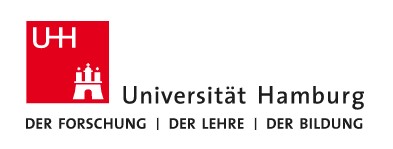Corpus competence for formulaic language
- Head: prof. dr. Heike Zinsmeister (University of Hamburg), coordinators of the University part of the project: assoc. prof. Skaistė Volungevičienė, assoc. prof. Vaiva Žeimantienė
- Project duration: 2022-01-27 – 2024-12-31
- Project budget: 134 000 EUR
- Project partner: University of Hamburg (Germany)
The project “Corpus competence for formulaic language” (Korpusdidaktik für formelhafte (Fach)Sprache (KoDi-FS)) is based on the cooperation between the Departments of Germanic Studies of Hamburg and Vilnius Universities. The project leader is prof. dr. Heike Zinsmeister (University of Hamburg). The project involves researchers and PhD students from the Department of German Philology at Vilnius University, and is based on new technologies and digital methods used in humanities research. The project includes faculty exchanges, internships, fellowships, workshops and joint publications. Lecturers and students will be able to acquire the skills they need to work in a digital environment in the modern world. Corpora will be used more widely in German and Lithuanian research, language learning and literature studies. The project is funded by the German Academic Exchange Service (Deutscher Akademischer Austauschdienst, DAAD).


